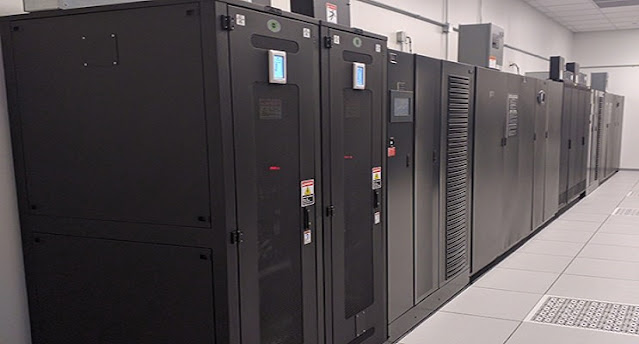Backup Power: Ensuring Continuity In An Unpredictable World
 |
| Backup Power |
In
today's fast-paced and technology-driven society, uninterrupted power supply is
crucial for the smooth functioning of businesses, institutions, and households.
However, power outages and blackouts are still a common occurrence, whether
caused by natural disasters, equipment failures, or grid overloads. The need
for reliable Backup Power solutions
has never been more critical, and they play an integral role in maintaining
continuity during times of uncertainty.
This
power refers to the provision of electricity through alternative sources when
the primary power supply is disrupted. These systems are designed to
automatically activate when the main power source fails, ensuring seamless
operation and preventing costly disruptions. There are various power options
available, each with its own advantages and limitations.
A CAGR Of 6.3% Is Anticipated For
The Projected Period (2023-2030), With The Size Of The Worldwide Backup
Power Market Increasing From US$ 2.66 Billion In 2023 To US$ 4.33 Billion
By 2030 Says Coherent Market Insights.
One
of the most common Backup Power
solutions is the use of uninterruptible power supply (UPS) systems. UPS devices
provide short-term power during brief outages, acting as a bridge until the
primary power source is restored or allowing for a safe shutdown of critical
equipment. UPS units use batteries or flywheel technology to store energy, and
they are widely used in data centers, hospitals, and other sensitive
applications where even a brief power loss can lead to significant
consequences.
For
more extended power outages, especially those caused by severe weather events
or prolonged grid failures, backup generators come into play. Backup generators
are capable of supplying electricity for an extended period, ranging from a few
hours to several days, depending on their fuel capacity and load. These
generators can be powered by diesel, natural gas, propane, or even renewable
sources like solar energy. They are commonly installed in commercial buildings,
industrial facilities, and essential infrastructure such as water treatment
plants and emergency response centers.
Residential
areas can also benefit from Backup Power
solutions. Homeowners can opt for portable generators or permanently installed
standby generators. Portable generators offer a convenient and cost-effective
option, but they require manual setup and fueling during an outage. On the
other hand, standby generators are automated and can start within seconds of
detecting a power loss. They are often connected to the home's natural gas or
propane supply, ensuring a continuous and hassle-free power supply to essential
appliances and systems.
District Heating is an inclusive and socially responsible heating
solution that aims to reduce energy poverty by providing affordable heating
services to low-income households within a designated area. By leveraging
economies of scale and shared infrastructure, district heating helps bridge the
energy gap and ensures equitable access to heating resources for all residents.
In
recent years, advancements in energy storage technology have opened up new
possibilities for Backup Power
solutions. Energy storage systems, such as home battery systems, can store
excess energy generated from renewable sources or during off-peak hours and
discharge it during peak demand or power outages. These systems not only
provide power but also contribute to a more sustainable and resilient energy
infrastructure.


Comments
Post a Comment